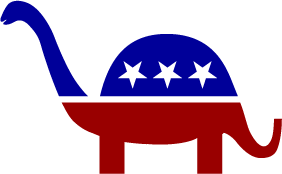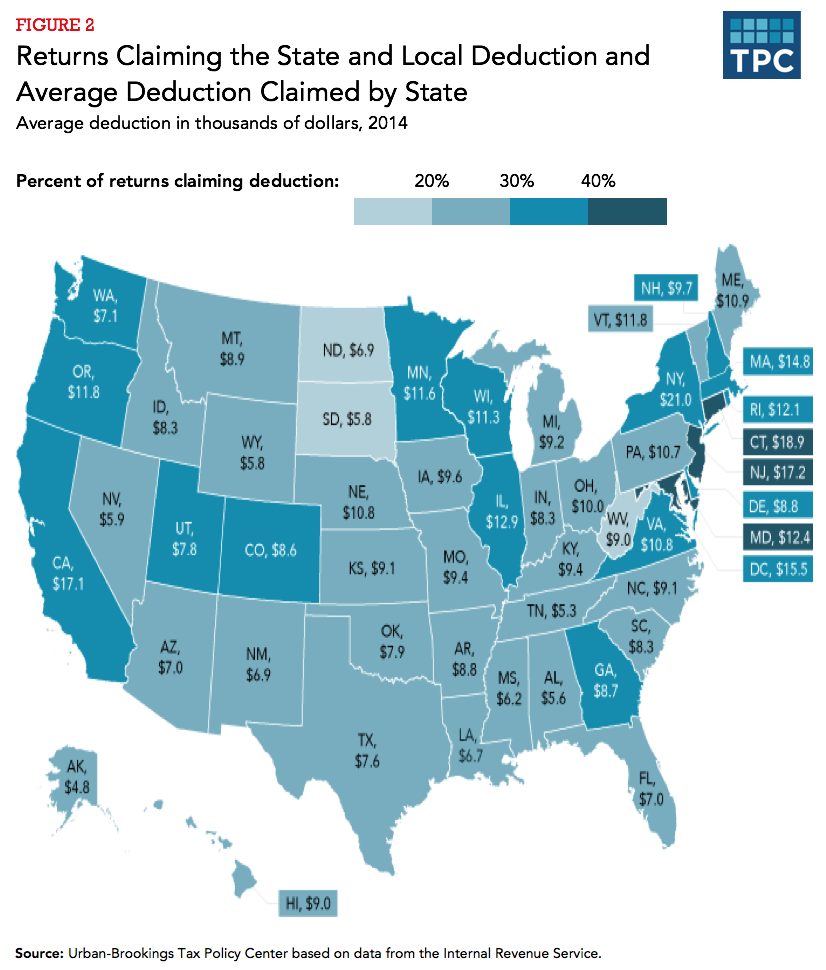
Nancy LeTourneau at Political Animal illustrates the impotence of the RNC, in no small part because of the Citizens’ United ruling, which allowed the proliferation of Super PACs and enabled candidates like Cruz and Trump to dominate establishment picks like Rubio and Jeb. Of course, the GOP blames Obama/Hillary. However,
at some point, this “party of personal responsibility” really needs to look at themselves and realize that it was the embrace of post-policy obstruction based on fear mongering that brought them to this place. They are the ones who tilled the soil that wound up producing candidates like Trump and Cruz by abandoning any effort to develop a platform that addressed the issues we face in favor of stirring up the nativism of their base.
The same point is made with plenty of supporting evidence by Michael Tomasky at The Daily Beast – the GOP is becoming a neo-fascist, white-identity party:
Trump thus culminates a process that’s been going on in the Republican Party for two generations now. Fringe elements never properly denounced then are now, under Trump, becoming an in-broad-daylight part of the Republican coalition. But now, since all this has been going on so long, are they even fringe elements? When 65 percent of Republicans tell a pollster they support Trump’s poisonous call to ban Muslims from the country, it’s hard to call that fringe. A more recent poll puts that support level at “only” 42 percent, but that’s still higher than the percentage who opposed it (36). That sure isn’t fringe either.
The Republican Party of Trump is becoming a white-identity party, like the far-right parties of Europe.
… the Republican Party will have a choice, a choice it really has to make already, about whether it is collectively willing to stand up and say no, we don’t want to become to neo-fascist, white-identity party. Of course if the party’s leaders do that, they are thwarting, potentially, the will of their voters. It’s quite a bind to be in. And it’s one they created, starting at least 20 years ago.
These observations are not new. In fact, 5 years ago, Julian Sanchez gave a name to this process: epistemic closure.
One of the more striking features of the contemporary conservative movement is the extent to which it has been moving toward epistemic closure. Reality is defined by a multimedia array of interconnected and cross promoting conservative blogs, radio programs, magazines, and of course, Fox News. Whatever conflicts with that reality can be dismissed out of hand because it comes from the liberal media, and is therefore ipso facto not to be trusted. (How do you know they’re liberal? Well, they disagree with the conservative media!) This epistemic closure can be a source of solidarity and energy, but it also renders the conservative media ecosystem fragile…If disagreement is not in itself evidence of malign intent or moral degeneracy, people start feeling an obligation to engage it sincerely…And there is nothing more potentially fatal to the momentum of an insurgency fueled by anger than a conversation.
Arguably, it was Obama’s election that was the turning point. The writing has been on the wall for years, and the roots of the problem go back decades. The GOP establishment is in total denial about what their party represents today. Due to epistemic closure, the conservative movement lacked any kind of self-correcting internal mechanism that would have prevented a candidate like Trump from exploiting the rhetoric of the past 20 years to appeal to the darkest side of the movements’ base. Even if the establishment forcibly denies Trump the nomination at the convention, they will make the problem worse, by creating a political martyr.
The biggest problem is not Trump but the political awareness, and real-world extremism, of the people who follow him. They are not a fringe. They are the core of the conservative movement now.












